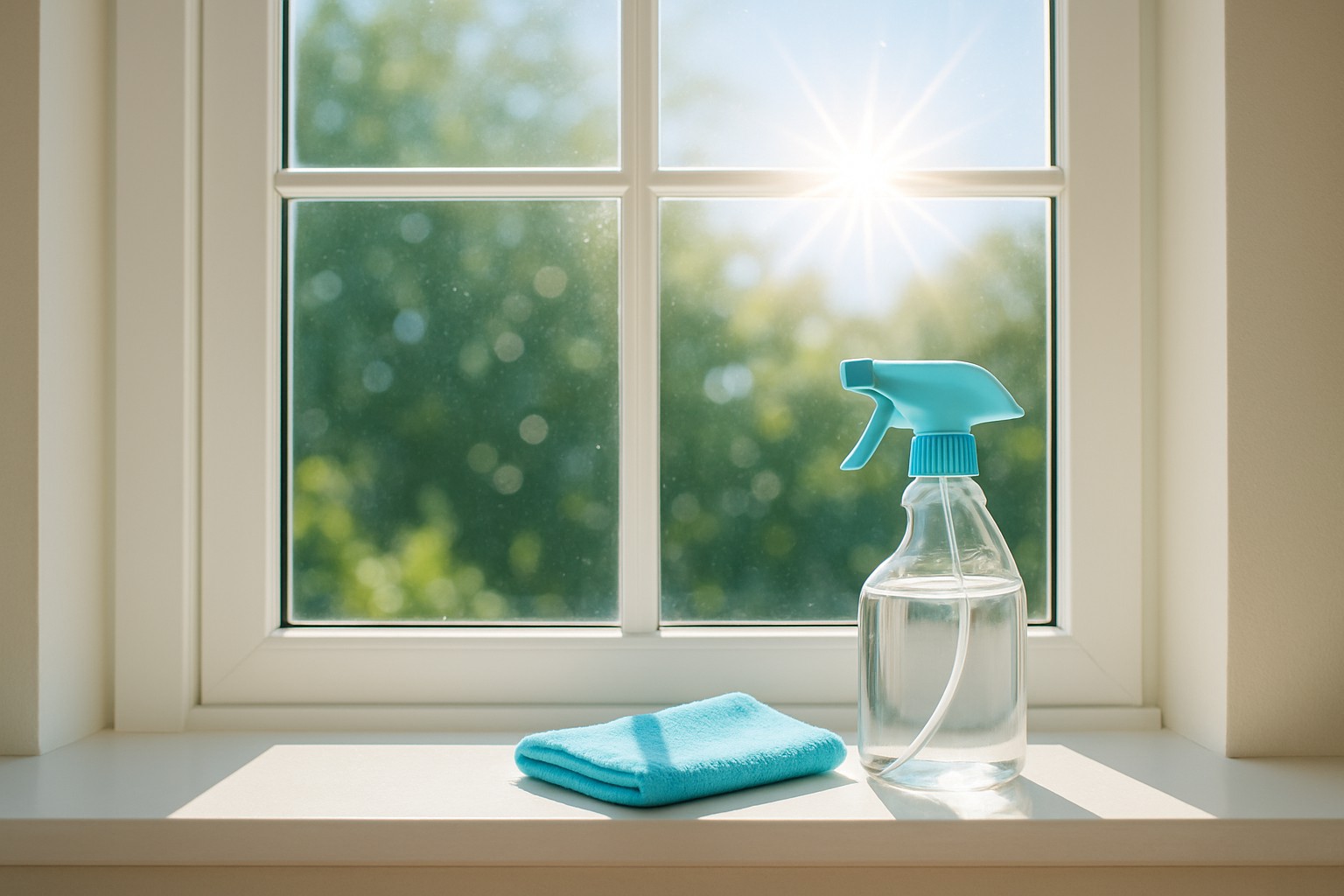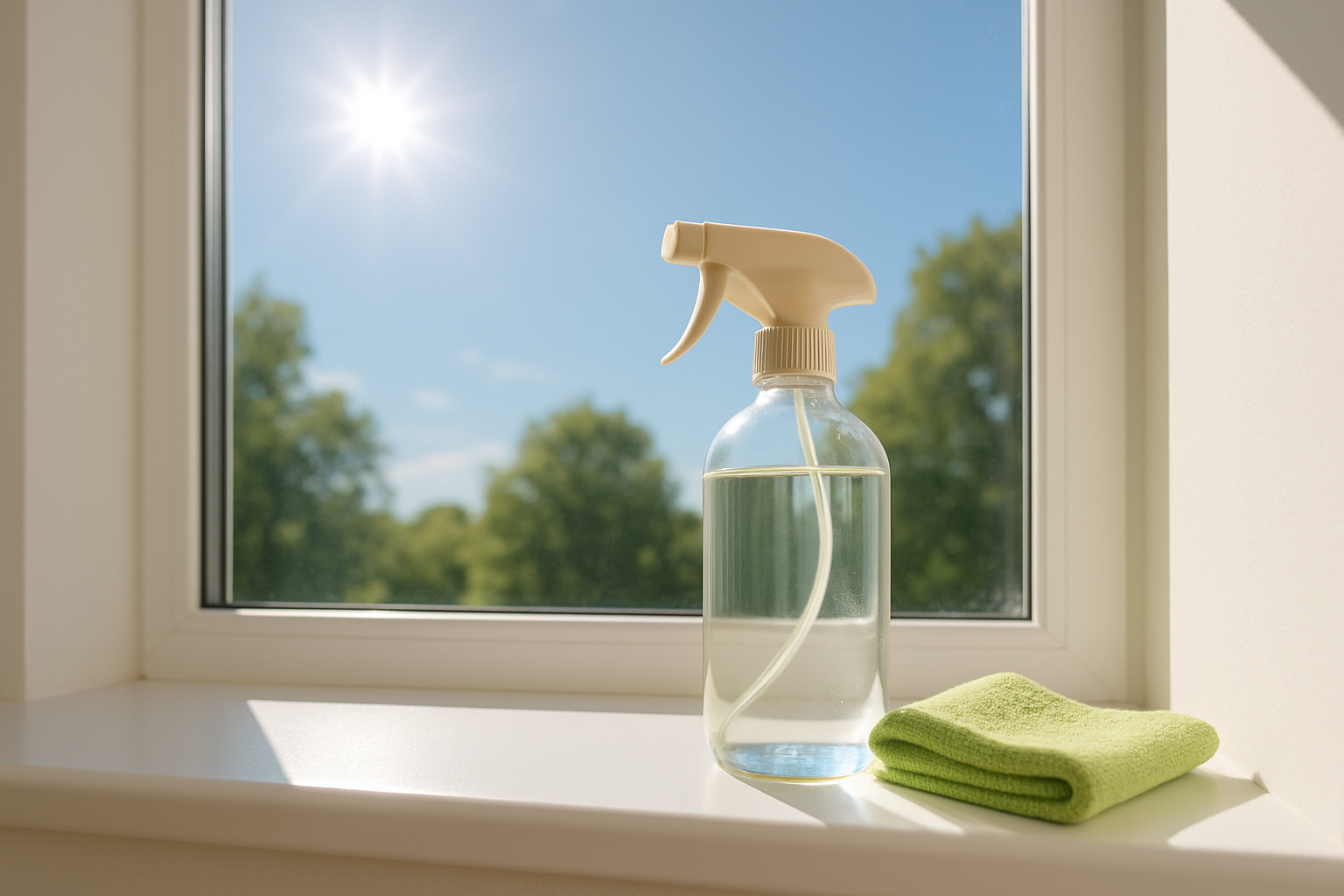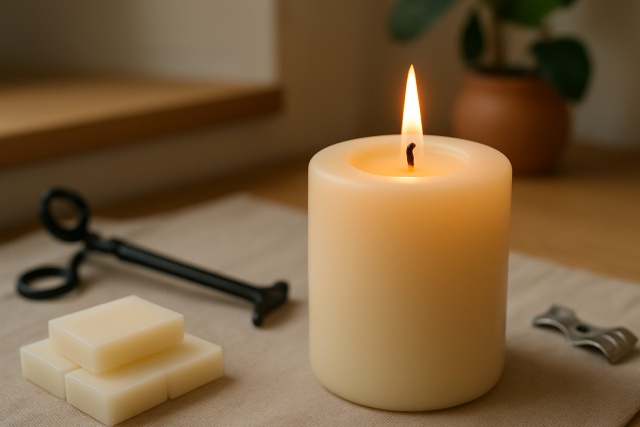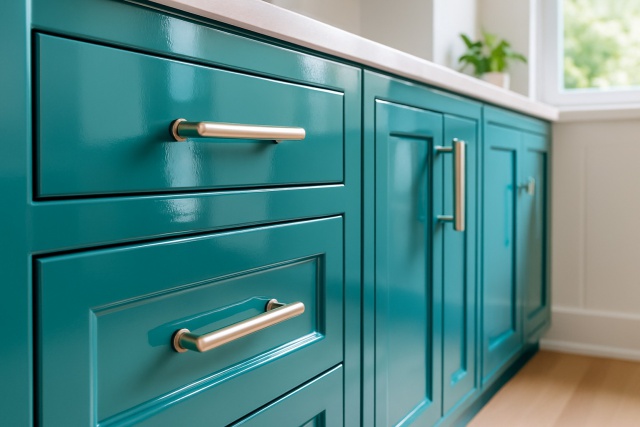Simple Homemade Window Washing Recipe That Works

A no-fuss homemade window washing recipe designed to keep your glass sparkling clean without heavy-duty chemicals.
- Whip up a budget-friendly eco-conscious window cleaner right at home using simple ingredients you probably already have in your pantry. It is perfect for streak-free, crystal-clear windows.
- Discover why DIY cleaners tend to be kinder to your loved ones and furry friends and the planet compared to harsh store-bought concoctions lurking on shelves.
- Follow easy steps to mix and apply your own effective window washing solution without leaving your kitchen.
- Pick up handy tips for tackling common annoyances like streaks, stubborn residue and hard water spots with simple tweaks anyone can manage.
Discover why making your own homemade window washing recipe is easy on the wallet and kinder to the planet than store-bought cleaners. With a handful of everyday ingredients you probably already have in your kitchen, you can achieve sparkling streak-free windows without breaking a sweat
Benefits of Choosing a Homemade Window Washing Recipe
Whipping up your own window washing solution comes with a handful of neat perks. For starters, it’s generally safer for your loved ones and furry friends which is always a win. Plus it helps shrink your environmental footprint because you’re ditching harsh chemicals. It usually will not put a dent in your wallet like store-bought cleaners do.
- Homemade window cleaners usually steer clear of nasty toxins, making them a far safer bet when you’ve got kids or pets around the house.
- They’re also pretty kind to your wallet since you’re mostly using pantry staples you probably already have lying around.
- You can tweak the recipes to tackle different cleaning jobs or even cater to sensitivities, which is a nice bonus.
- These DIY cleaners tend to leave little to no chemical residue behind, so say goodbye to those annoying streaks and build-up that can drive you nuts.
- Going for eco-friendly options isn’t just trendy—it genuinely helps ease the burden harsh chemicals put on our soil and waterways, which is something we can all appreciate.
Key Ingredients for a Foolproof Homemade Window Cleaner
Many homemade window cleaning recipes call for a handful of common household ingredients. Each one has its own job to do—whether it cuts through grease, keeps streaks at bay or gives your windows an extra boost of shine.
| Ingredient | Purpose | Notes / Precautions |
|---|---|---|
| White vinegar | Natural degreaser and glass cleaner | Cuts through grease like a charm but steer clear of stone or marble surfaces since its acidity can be a bit harsh |
| Water | Dilutes ingredients and rinses dirt | Distilled water is your best bet here, especially if you’re dealing with stubborn hard water spots |
| Rubbing alcohol | Speeds drying and helps reduce streaks | Very flammable, so keep it far away from any heat sources or open flames — better safe than sorry |
| Liquid dish soap | Removes grime and grease | A little goes a long way; drowning your mix in soap might leave annoying residue and streaks behind |
| Cornstarch | Mild abrasive for polishing | Great for polishing, but be gentle—too much can scratch delicate glass surfaces |
| Essential oils (optional) | Adds a pleasant scent | Just a few drops do the trick, enough to scent without leaving behind any oily residue |
A Friendly, No-Nonsense Guide to Mixing and Using Your Own Window Cleaning Solution
Start by gathering all the ingredients you’ll need: white vinegar, water, rubbing alcohol, liquid dish soap and if you’re feeling fancy, cornstarch plus a few drops of essential oils to make things smell nice.
Grab a clean spray bottle and pour in 1 cup of water, 1 cup of white vinegar and 1/2 cup of rubbing alcohol.
Toss in 1 teaspoon of liquid dish soap and those essential oil drops if you want a subtle pleasant scent that’s not overpowering.
Screw the spray bottle cap on tight and give it a gentle shake, just enough to mix things without turning it foamy.
Before you start spraying, dust or wipe down your windows to get rid of loose dirt and pesky cobwebs in the corners.
Spray the cleaner evenly over the window panes starting from the top and working your way down so gravity is on your side.
Grab a microfiber cloth or a trusty squeegee and wipe the windows using smooth deliberate strokes, being careful to dodge drips or streaks that like to sneak in.
Once you’re done, take a peek at the surface and use a damp cloth to fix any spots that need extra love.
For the best results, avoid cleaning windows when they’re baking in direct sunlight or on really hot days. Otherwise the solution dries too quickly and leaves streaks to chase.
Any leftover cleaner? Store it in a cool dark spot and give it a gentle shake before you use it next time. It’s like a little wake-up call for your homemade potion.
Choosing the right tools can truly make all the difference when it comes to cleaning windows. Microfiber cloths are a gem because they wipe down surfaces without leaving any lint behind which is a lifesaver. A solid squeegee doesn’t just speed up drying, it often reduces those annoying streaks that tend to show up uninvited. Using a spray bottle with a fine mist setting also helps spread the cleaning solution evenly, covering the surface like a pro.

Frequent Challenges and Clever Ways to Tackle Them
- Streaks often appear when you use too much soap or clean right under the blazing sun. I’ve found it helps to use a little less soap and choose shaded spots instead.
- Residue tends to return if you don’t rinse well enough. So, be sure to wipe down thoroughly and change your cloths often because fresh cloths make a big difference.
- Hard water spots can be tough to remove and usually need a stronger vinegar mix. Sometimes using undiluted vinegar works best.
- Cloudy or hazy windows usually happen when the ingredients aren’t mixed correctly. Sticking to the recommended ratios is really important.
- Wind and heat cause the cleaner to dry too fast and leave streaks behind. Cleaning on calm, cooler days is a helpful trick that really pays off.
- Surfaces like tinted or coated glass need extra care with gentler solutions to avoid damage. Always test a small hidden area first to stay safe.
Running into a few hiccups while cleaning windows is par for the course, but usually a small tweak to your technique or dialing back the strength of your cleaning solution does the trick. If those pesky streaks just won’t quit, I’ve found that switching to a lint-free cloth and steering clear of washing windows when the sun’s blazing directly on the glass can make a world of difference. Catching hard water spots early on is key to preventing those stubborn permanent marks from setting in.
Important Safety Tips for Making and Using Homemade Window Cleaners
Tackling homemade window cleaners is rewarding, but a bit of caution goes a long way. While whipping up your own cleaning concoctions can save a buck and feel downright satisfying, it’s wise to keep safety front and center to avoid any unexpected oops moments.
When using a homemade window washing recipe, remember that while these cleaners rely on everyday ingredients you probably already have around the house, it's important to handle them with care. Vinegar and rubbing alcohol might seem harmless, but they can irritate your skin and eyes if you're not careful. That's definitely not something you want to deal with while cleaning. Always store your cleaning solutions in clearly labeled containers and keep them out of reach of curious kids and pets. When mixing these concoctions, it's best to do it in a well-ventilated area because fresh air helps keep the fumes away. A vital rule is to never mix these cleaners with bleach or ammonia since that combination can produce some seriously nasty gases.
Extra Tips for Keeping Your Windows Spotless (Because Who Doesn’t Love a Streak-Free View)
- Make it a habit to clean your windows regularly to keep dirt and grime from settling in and becoming hard to scrub off later.
- Aim for dull overcast days or the peaceful hours of early morning or evening to prevent your cleaner from drying too quickly under the sun.
- Use soft gentle cloths to avoid scratches and skip paper towels because they are too rough for the job.
- If you spot streaks, buff your windows with a dry microfiber cloth to restore their sparkle.
- Treat your cleaning tools well. Wash your cloths regularly and swap out squeegees when they wear down to keep your windows looking their best.





